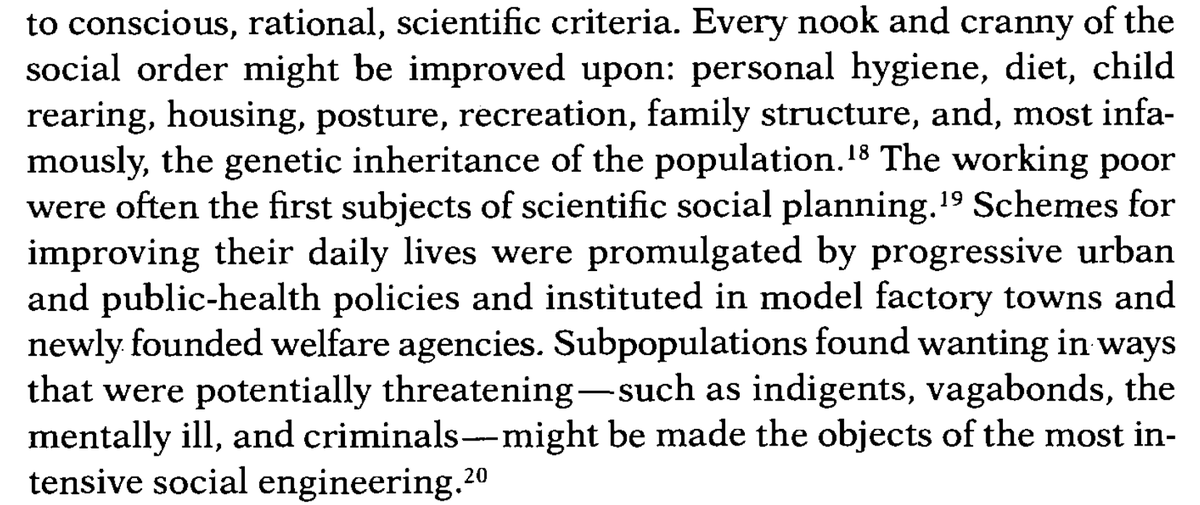CBDC proposals usually include some degree of anonymity for small transactions – because physical cash has privacy. The bank and the tax offfice can’t trace the movement of every note and coin. 1/8
This is a feature for the poor and marginalised in the informal economy, not just for the crooks that AML rules want to block – because being poor is treated by the well-off as inherently suspicious, and things the poor do may be criminalised because it's the poor doing them. 2/8
The poor and marginalised need the informal/ marginal economy, that isn’t fully legible to the authorities, to live. The greatest day-to-day enemy of the poor is the middle-class bureaucrat treating them as data to be processed, without care to their needs or circumstances. 3/8
Being visible to the system is a threat. Promoters of bank-the-unbanked schemes often don’t understand this, because being part of the system works well for them personally. 4/8
Several past electronic money systems failed because having your informal economy fully legible to the state is not a feature – M-Pesa's push into Romania and Albania is a good example. 5/8
The promoters failed to realise how badly these systems would fail their supposed target audience, by making the informal economy excessively legible. The poor are poor, not stupid. 6/8
So a plan to bank the unbanked first has to not threaten them. Promising to replace physical cash with a complete ledger of all transactions, going back years, searchable by the authorities at their leisure, is not a good start. 7/8
A CBDC won’t have privacy unless it’s explicitly part of the design – and if the bank can make the case for privacy strongly enough to face up to the AML agencies. 8/8
(If you think suppressing the poor harder will solve the problem just as well, at least in terms of keeping you comfortable – keep in mind that we're already at the "setting fire to stuff" stage of response to repression.) 9/8
[Albanians in the family, loved one is telling me stories of how stuff works. *So much* is done by barter, both to stay off the books and because they just don't have the cash. It's a non-cash economy. My goodness M-Pesa failed to read the room.] 10/8
[None of this thread can possibly be new observations, but I don't remember where I would have cribbed it from - anyone got lumbering works of theory to recommend? Assume I made it through Smith, half of Kropotkin, haven't read a word of Marx.] 11/8
[This thread is a book section I wrote this evening. I wondered if it was coming on a bit strong and thought I'd send it out into the world. I'm delighted it's gone down so well, and will keep it. Possibly without the threats of setting the middle classes on fire.] 12/8
The text on this is James C. Scott "Seeing Like A State" ch.3: the poor as objects for the curation of the well-meaning well-off https://theanarchistlibrary.org/library/james-c-scott-seeing-like-a-state#toc25 13/8

 Read on Twitter
Read on Twitter


